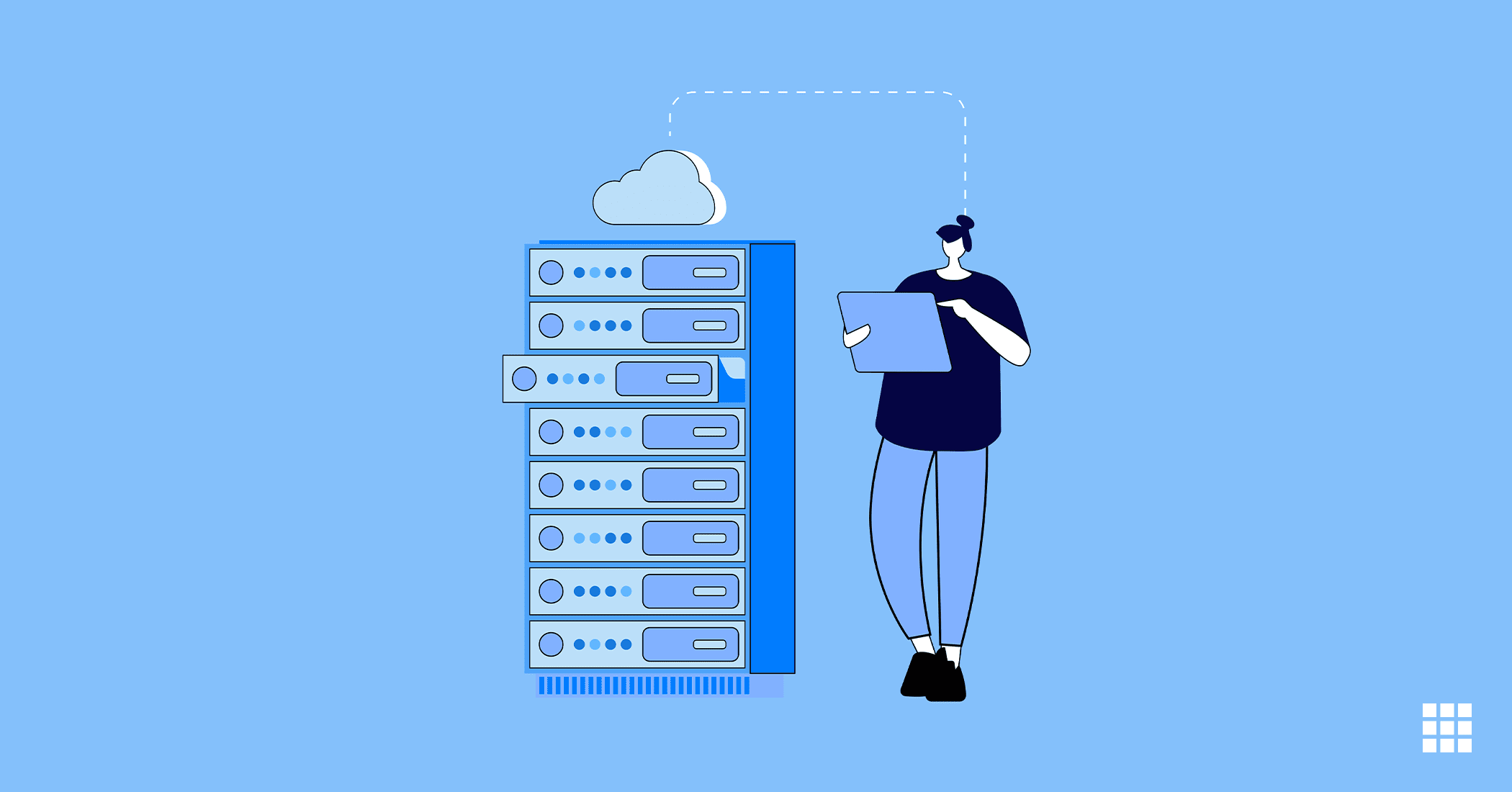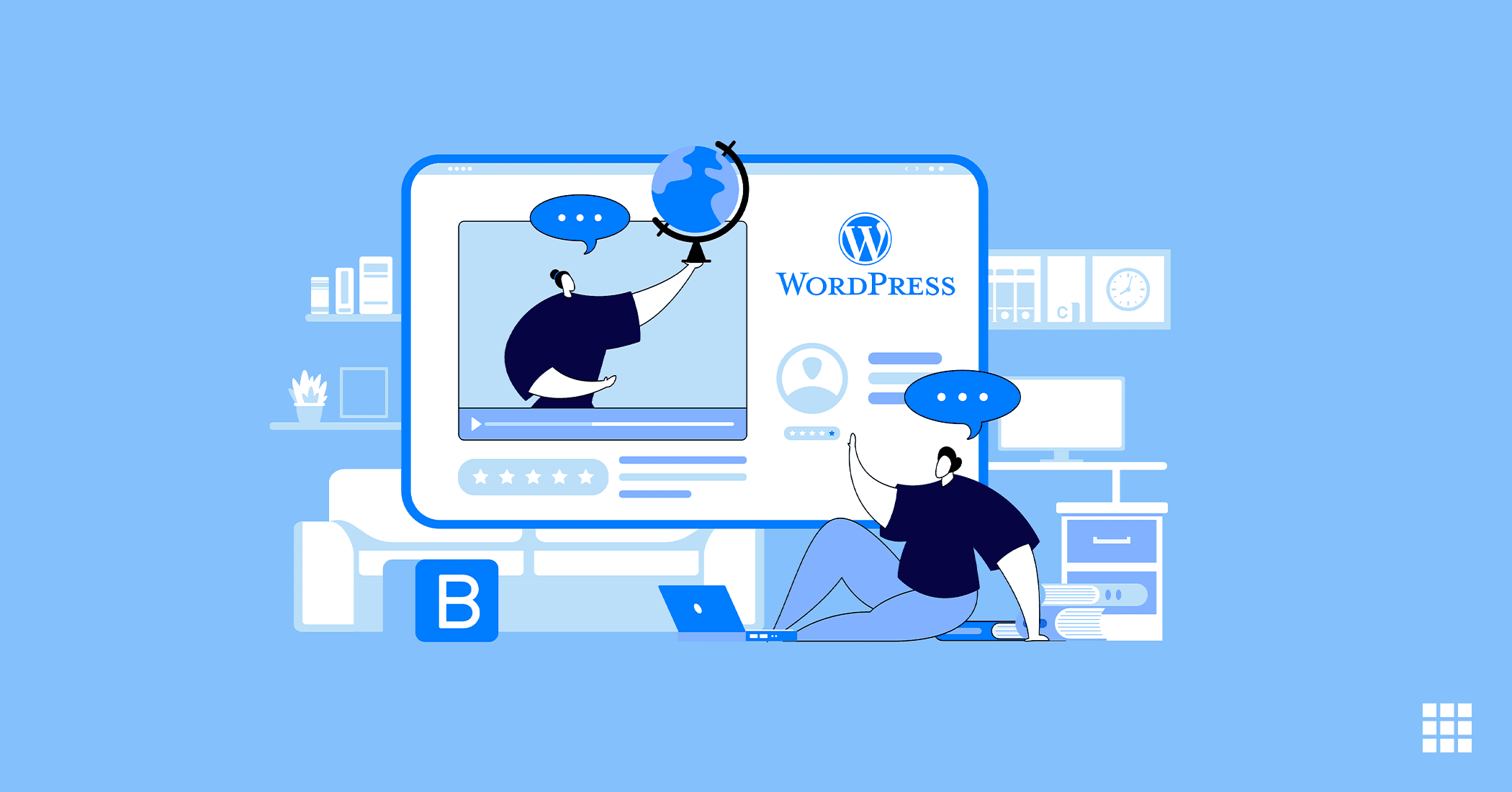Types of Hosting Servers
Shared Hosting – In Shared Hosting, you share a server with multiple users, and you do not have root access to the server. It is an inexpensive and easy to use hosting option. Dedicated Hosting – In Dedicated Hosting, you can have complete control over what and when you want to do, thanks to one physical machine that is entirely at your disposal. You also have root access to the server. VPS Hosting – Virtual Private Server (VPS) Hosting operates and performs in a way similar to Dedicated Hosting server, except it is partitioned into various ‘virtual’ servers. It offers flexibility and security, full control over the hosting environment (including root access) and independence from your neighbors. Cloud Hosting – A cloud server is a centralized server resource hosted and delivered over a network (typically the internet) and can be accessed on demand by multiple users. Cloud servers can perform all the functions that traditional physical servers (like Shared and Dedicated Hosting servers) do, delivering storage, applications, and processing power. Cloud servers can be located anywhere across the world and deliver services remotely using a cloud computing environment. It offers a range of benefits like scalability & flexibility, high uptime, cost efficiency and more. In the succeeding section, we’ll discuss the reasons you should opt for cloud mobile app hosting.Reasons to choose Cloud Hosting for mobile app development
1. Improved performance
Cloud-based mobile app hosting is usually preferred over traditional hosting when it comes to speed, connectivity, and server uptimes – especially during peak timeframes. Moreover, as the servers powering cloud-based hosting are spread across the globe, the speed and responsiveness of the cloud far exceed a traditional server’s performance in a single location. This is crucial for mobile apps, as smartphone users tend to be in search of instant gratification.2. Scalability
The cloud-based hosting allows a unique degree of scalability. The advantages of Cloud Hosting apply to most apps including –- Small and simple apps, perhaps with just a few users in a focused region
- Massive data-hungry apps with hundreds or thousands of users across the globe



Write A Comment